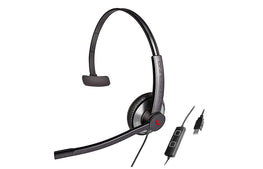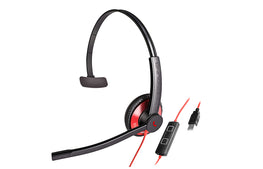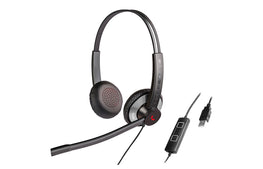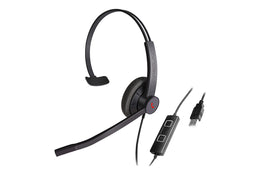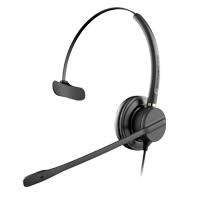
How Voice Recognition software can help students write their thesis
While there are a number of reasons why all students can benefit from speech recognition software, those working on college degrees can find a number of ways that Dragon voice recognition makes their studies easier.
One of the most stressful tasks university students around the world face is writing their thesis. Whether it's for a bachelors, honours, a masters or a doctorate, a thesis calls to mind images of students sitting up late at night surrounded by piles of books and papers.
Understandably, the thought of researching, writing and revising hundreds of pages of work before submitting it for close scrutiny by professors can be incredibly daunting. However, there are a number of time-tested strategies students can use to help with the rigours of thesis writing. Speech recognition software is a technological solution that students can add to their arsenal of writing tools.
Speech recognition is already a trusted solution
Many people might not realise it, but they are already using speech recognition software for a number of daily tasks on their smart phones. Apple's Siri, an iOS-based speech interpretation and recognition interface, gets 1 billion requests each week, according to a presentation at the company's 2015 Worldwide Developers Conference.
Speech recognition has already proven to be a reliable tool for dictating text and controlling applications on a number of different smartphones. As people get more exposure to the technology, they become more comfortable with using it.
Using Dragon Naturally Speaking for a thesis
The tasks people use voice recognition for in social media and everyday life have parallels in academia. With professional voice recognition software, such as Dragon Natural Speaking, students can harness the technology to improve their productivity in large research and writing projects.
Over 100,000 Australians began their postgraduate careers in 2015, according to the Department of Education and Training. As they progress further in their studies, many will face the prospect of writing a thesis or dissertation. Voice recognition software can make a huge difference at each step of the way.
Doing the research
While a significant amount of thesis research is done in the library, students can find a wealth of information through online databases such as Project Muse and JSTOR.
Dragon Speech Recognition is useful in performing computer-related tasks in addition to its dictation capabilities. Students can launch applications, conduct online research, navigate between multiple browser tabs and handle email just by speaking.
Taking notes
When writing a thesis, it is crucial for students to take extensive and organised notes. Instead of filling notebooks with pages and pages of information, students can use voice to text software to dictate notes from research.
Not only does this help students record information faster, it also makes it easier to review research later on. With digitised notes, writers can easily use search functions to find specific data in no time at all instead of having to search through piles notebooks. This also makes it significantly easier to cross-reference different areas of research.
For students working on an experiment-based thesis, voice recognition software makes it simple to record results in a convenient digital format.
With the Dragon Anywhere app for Android and iOS, these notes can be taken on the go with a smartphone and synced with Dragon Professional. No matter where an idea hits, writers can make sure it ends up saved with the rest of their notes.
Writing the thesis
One of the biggest steps in producing a thesis is actually writing it, and this is where the benefits of Dragon Naturally Speaking are most evident. Dictation is simply faster than typing, and the time saved adds up over each page.
While there are a number of variables to account for, most studies generally agree on how quickly an average person can type; from 38 to 40 words per minute, as reported in the Houston Chronicle. This may seem like a decent speed, until it is compared with how quickly people can talk. Research by Tauroza and Allison reported in Applied Linguistics found that the average English speaker can speak at a rate of anywhere between 150 to 190 words per minute.
Given this difference in speed, it is clear that speech to text software can make writing a thesis much less time consuming for students, giving them extra time for research.
Proofreading and revising
As with any piece of writing, it is important to edit a thesis before it gets submitted. With audio playback capabilities, Dragon Naturally Speaking makes it easy for writers to review and revise their work.
Fortunately, Dragon can translate speech to text with 99 per cent accuracy, meaning that mechanical difficulties won't cause undue hindrances during proofreading. The software can also learn to recognise proper names and unique vocabulary, ensuring that citations and high-level content vocabulary are handled smoothly.
Getting ready to begin work on a thesis or dissertation? Contact Voice Recognition today to learn more about how our software can help.
The post How Voice Recognition software can help students write their thesis appeared first on Speech Recognition Blog.

